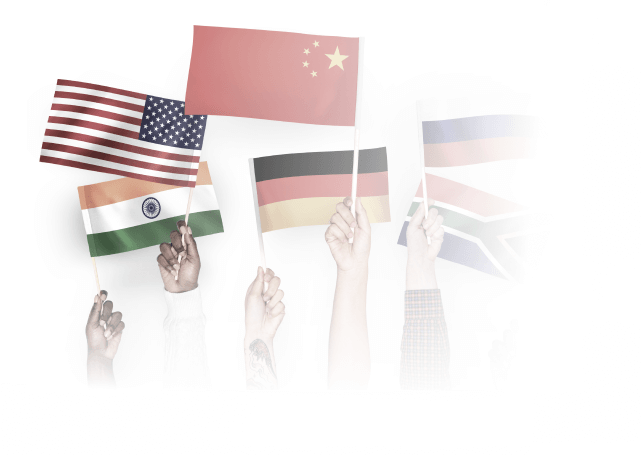We offer the following services:
- Visitor Visa, Super Visa
- Work Permit
- Study Permit
- Provincial Nominee Program (PNP)
- Permanent Residency
- Citizenship
- Labour Market Impact Assessment (LMIA)
- Express Entry

At the heart of our commitment to exceptional immigration solutions is unwavering trust and expertise.

We offer the following services:
We are located at #265, 3670 63 Avenue NE, Calgary, AB, T3J 0G7.
Upon arrival at the building, use the staircase or the elevator to reach the first floor. Look for the door labeled Unit #265. Please enter through that door; our office is located inside the same premises as Learn & Talk.
If you need any assistance, feel free to contact us at +1 (825) 414-0777.
You can reach us at our office number between 9:00 AM – 6:00 PM, Monday to Friday, to speak with one of our representatives. During this call, we will ask a few questions for a profile assessment, based on which an appointment will be scheduled with our consultant.
Appointments can be conducted either over the phone or in person, depending on your preference.
You can apply for a Post-Graduation Work Permit (PGWP) after completing an eligible program, which can help you gain work experience for permanent residency.
A work permit is temporary and allows you to work in Canada for a set period. Permanent residence allows you to live, work, and stay indefinitely.
Yes, you can study in Canada while holding a work permit, but there are certain conditions:
Express Entry is a points-based system used to manage applications for three immigration programs: Federal Skilled Worker Program, Federal Skilled Trades Program, and Canadian Experience Class.
Processing times vary based on the program, but Express Entry applications are typically processed within 6 months of receiving an Invitation to Apply (ITA).
Not always. Programs like Express Entry do not require a job offer, though having one can increase your Comprehensive Ranking System (CRS) score.
You can sponsor your spouse, common-law partner, dependent children, parents, grandparents, and, in some cases, other relatives.
Spousal sponsorship typically takes about 12 months. Parent or grandparent sponsorship may take longer, depending on program quotas.
You can apply after spending at least 1,095 days (3 years) in Canada within the last 5 years as a permanent resident.
Yes, most applicants between ages 18 and 54 must take a citizenship test to demonstrate knowledge of Canada’s history, values, and government.